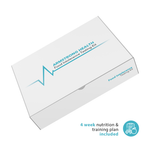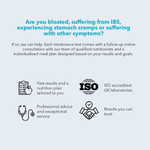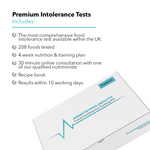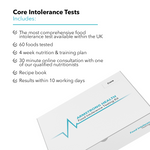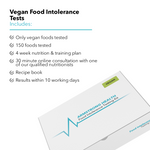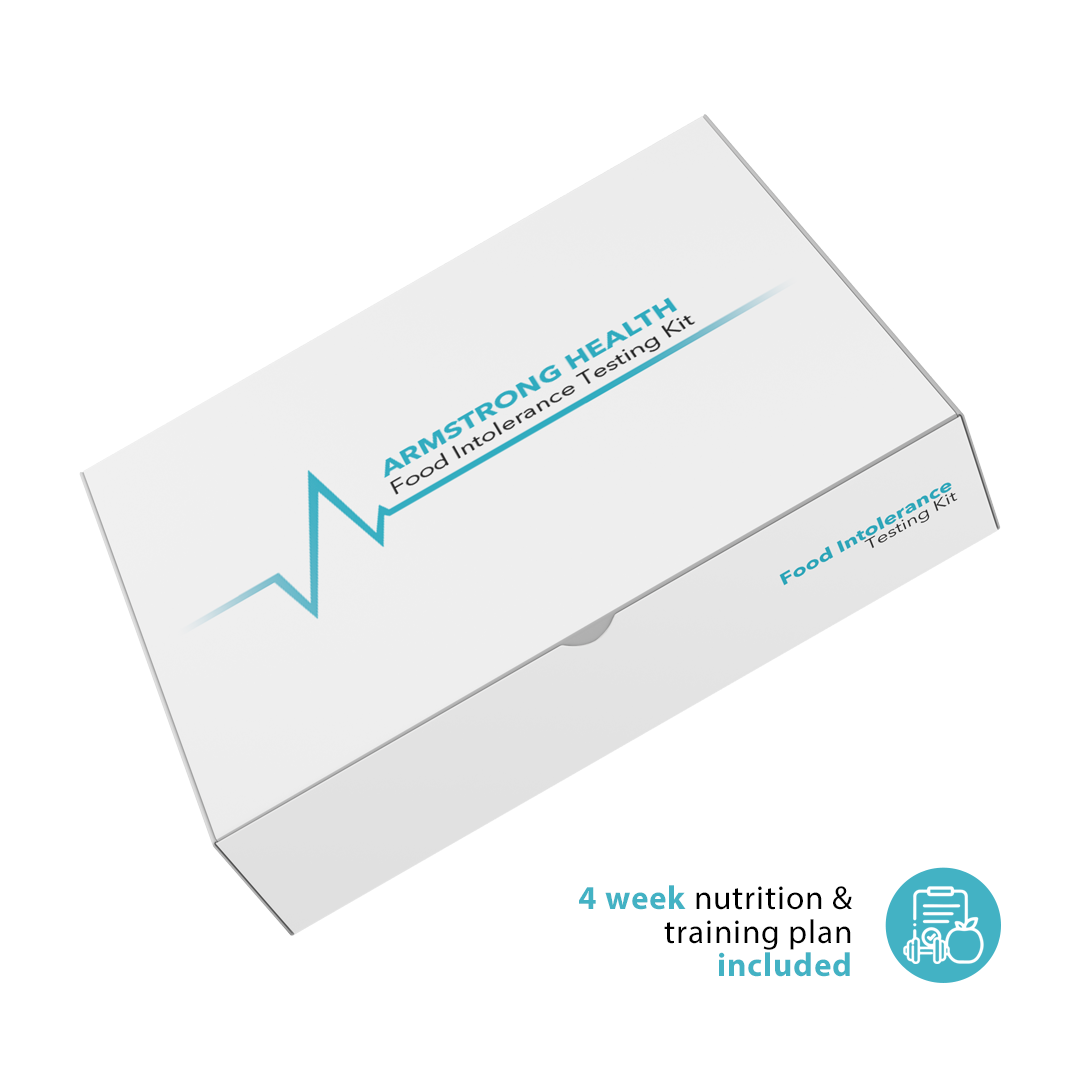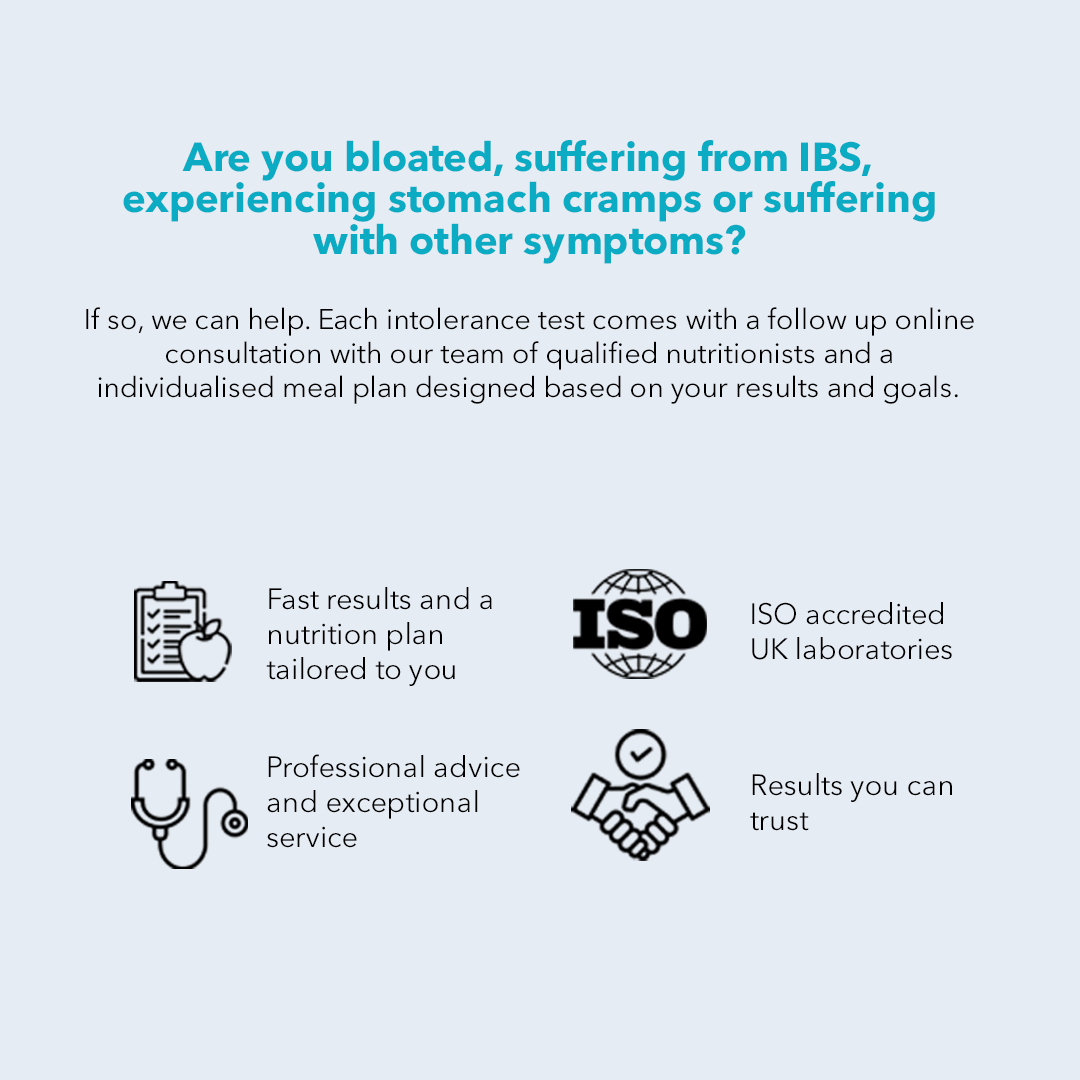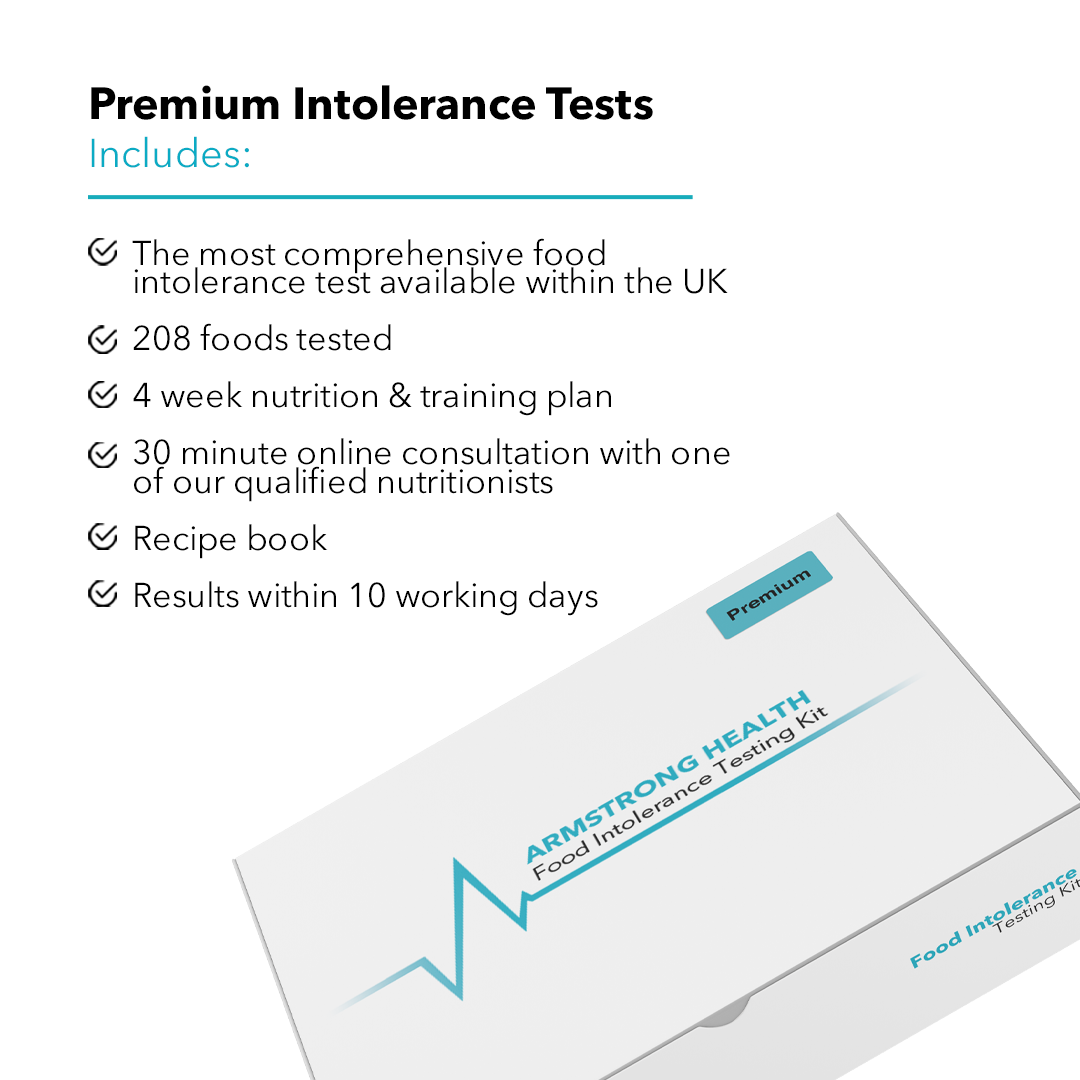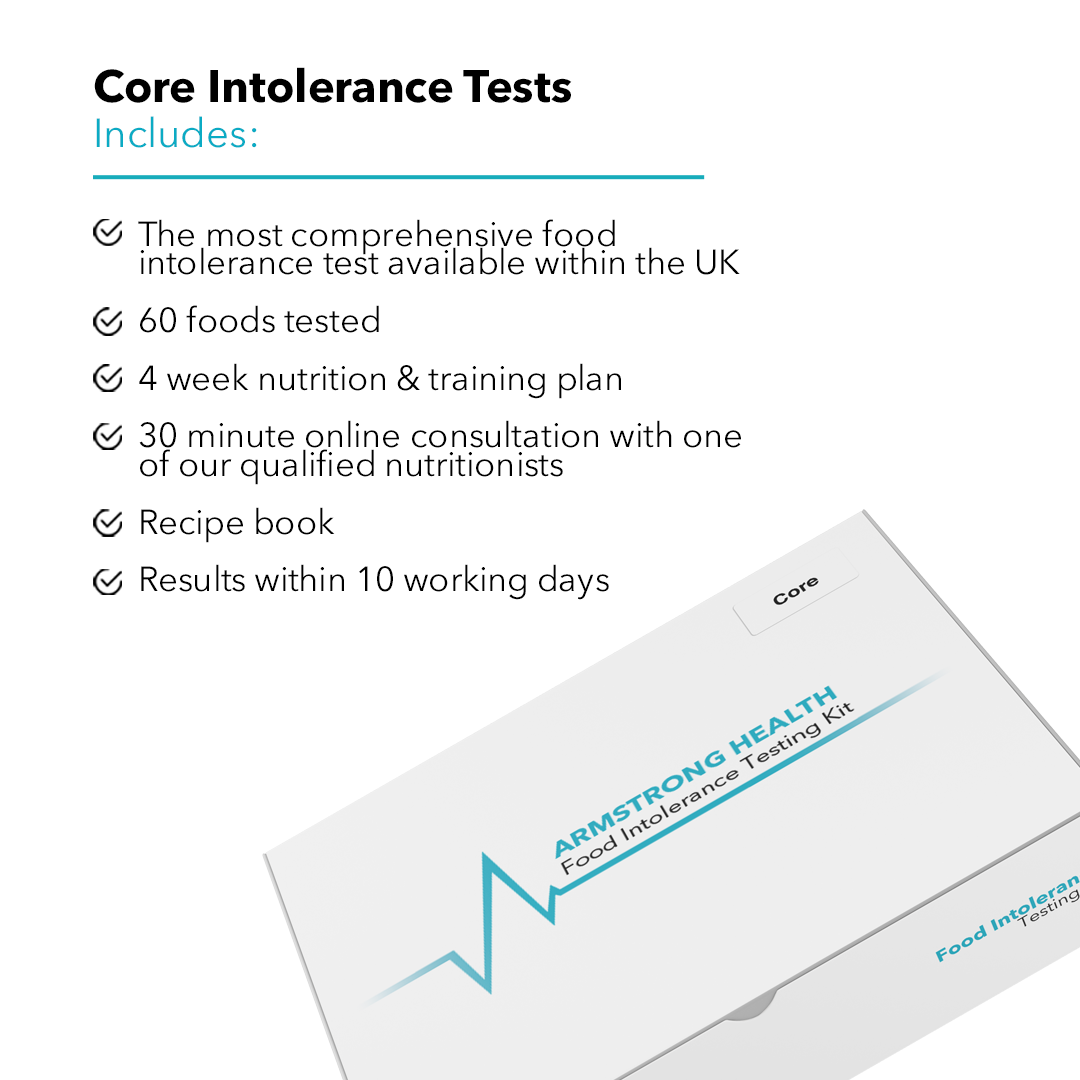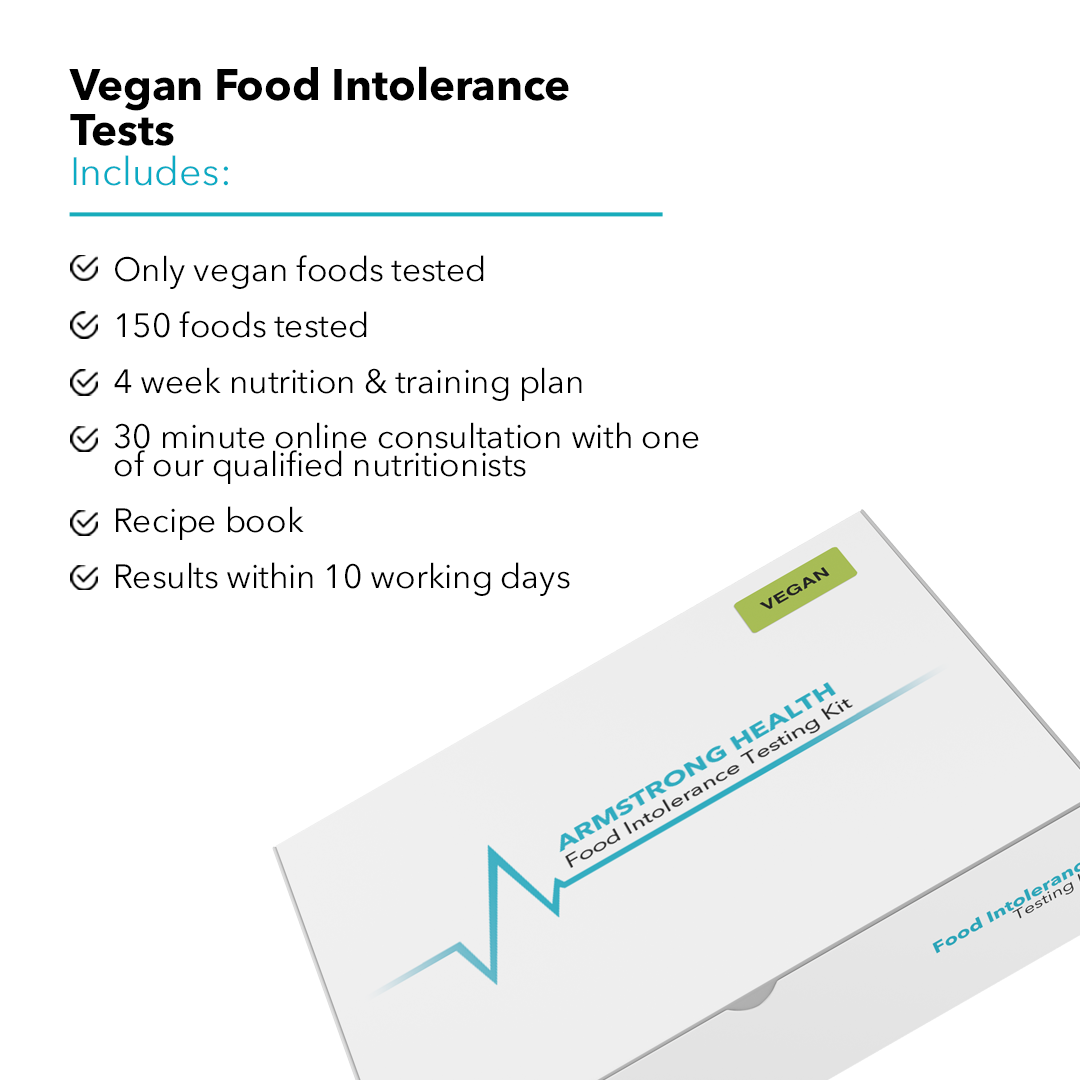When it comes to exercise performance and recovery, many factors can contribute to an individual's success, including training, nutrition, and adequate rest. One often overlooked aspect is the potential impact of food intolerances on exercise performance and post-workout recovery. By identifying and addressing food sensitivities through food intolerance testing, athletes and fitness enthusiasts can create personalised dietary strategies that maximise performance, enhance recovery, and boost overall well-being. Armstrong Health offer comprehensive food intolerance and sensitivity tests, providing valuable insights into your unique dietary triggers that may be affecting your fitness progress.
Food intolerances can affect exercise performance and recovery through several mechanisms, including inflammation, gastrointestinal distress, and nutrient malabsorption. By exacerbating these issues, food intolerances can compromise training quality, impede muscle recovery, and potentially lead to suboptimal results. Comprehensive food intolerance testing can uncover these hidden dietary factors and empower individuals to take targeted action by modifying their nutrition plans, ensuring they provide the best possible fuel for their bodies during training and recovery.
Take control of your exercise performance and recovery by learning more about the potential impact of food intolerances and how comprehensive testing can help you tailor your nutrition strategy to suit your fitness journey. By addressing food sensitivities promptly, you can optimise your diet, support optimal energy levels, enhance recovery, and ultimately achieve progress towards your fitness goals.
How Food Intolerances Can Affect Exercise Performance
Understanding the link between food intolerances and exercise performance is crucial for individuals looking to optimise their fitness journey. Several ways in which food sensitivities can influence physical performance include:
- Energy levels: Food intolerances can lead to poor digestion and absorption of nutrients, resulting in inadequate fuel for the body, which may manifest as fatigue and compromised exercise performance
- Inflammation: Food sensitivities can trigger inflammation, which may impair muscle function, restrict mobility, and cause discomfort during physical activity
- Gastrointestinal distress: Food intolerances can cause gastrointestinal issues, such as gas, bloating, and diarrhoea, which can negatively impact exercise comfort and performance
- Nutrient deficiencies: Malabsorption associated with food intolerances can lead to nutrient deficiencies, which may hinder muscle function, strength, and endurance
By identifying and addressing food sensitivities, individuals can take proactive steps to create personalised nutrition strategies that support optimal exercise performance and overall well-being.
How Food Intolerances Can Impact Recovery After Exercise
Effective post-exercise recovery is essential for achieving progress and avoiding injury. Food intolerances can influence recovery in several ways:
- Impaired nutrient absorption: As food sensitivities may cause malabsorption, individuals might not receive the nutrients necessary to support proper muscle repair and growth
- Inflammation: Inflammatory reactions triggered by food intolerances can prolong muscle soreness and hinder the recovery process
- Sleep disturbances: Food sensitivities can lead to disrupted sleep patterns, which may negatively impact the body's natural recovery process after exercise
- Hormonal imbalances: Food intolerances can contribute to hormonal imbalances, which may affect muscle repair and recovery
Recognising the potential impact of food intolerances on exercise recovery enables individuals to take targeted action, ensuring their nutrition supports their fitness goals effectively.
Comprehensive Food Intolerance Testing for Optimised Fitness Results
Armstrong Health offer extensive food intolerance and sensitivity testing services, helping individuals identify their unique dietary triggers that may be compromising exercise performance and recovery. By understanding your specific food sensitivities, you can make necessary adjustments to your diet to support optimal training and recovery, ultimately enhancing your fitness journey.
Through a simple blood sample, you will receive detailed results of your food intolerance test, allowing you to make informed decisions about your nutrition and exercise strategies, ultimately maximising your fitness results.
Personalised Nutrition Plans for Improved Exercise Performance and Recovery
Armed with the insights from your comprehensive food intolerance test, you can create tailored nutrition strategies focused on optimising exercise performance and promoting effective recovery. Consider incorporating the following recommendations into your personalised fitness nutrition plan:
- Eliminate or reduce trigger foods: Remove or limit the consumption of identified food sensitivities to minimise inflammation, gastrointestinal distress, and poor nutrient absorption
- Prioritise nutrient-dense foods: Focus on whole, unprocessed foods rich in nutrients, such as lean proteins, complex carbohydrates, healthy fats, fruits, and vegetables, providing essential vitamins, minerals, and antioxidants to support exercise performance and recovery
- Hydration: Proper hydration is crucial to both exercise performance and recovery, helping maintain electrolyte balance, muscle function, and overall well-being
- Pre- and post-workout nutrition: Ensure adequate consumption of quality carbohydrates and proteins before and after exercise to fuel workouts and support muscle repair and growth
Through a personalised nutrition approach that targets food intolerances and supports exercise performance and recovery, you can make significant progress towards your fitness goals.
Take Control of Your Fitness Journey with Food Intolerance Testing and Personalised Nutrition
Understanding the potential influence of food intolerances on exercise performance and recovery enables individuals to take targeted action, optimising their nutrition and lifestyle strategies to support their fitness journey more effectively. Comprehensive food intolerance testing by Armstrong Health provides the tools and insights necessary to identify dietary triggers, empowering individuals to make informed decisions and embrace personalised nutrition plans that support their fitness goals.
Experience the benefits of food intolerance testing and personalised nutrition in enhancing your exercise performance and recovery. By addressing food sensitivities and making informed decisions about your nutrition, you can optimise your fitness journey, achieve better results, and cultivate long-term health, well-being, and vitality.





